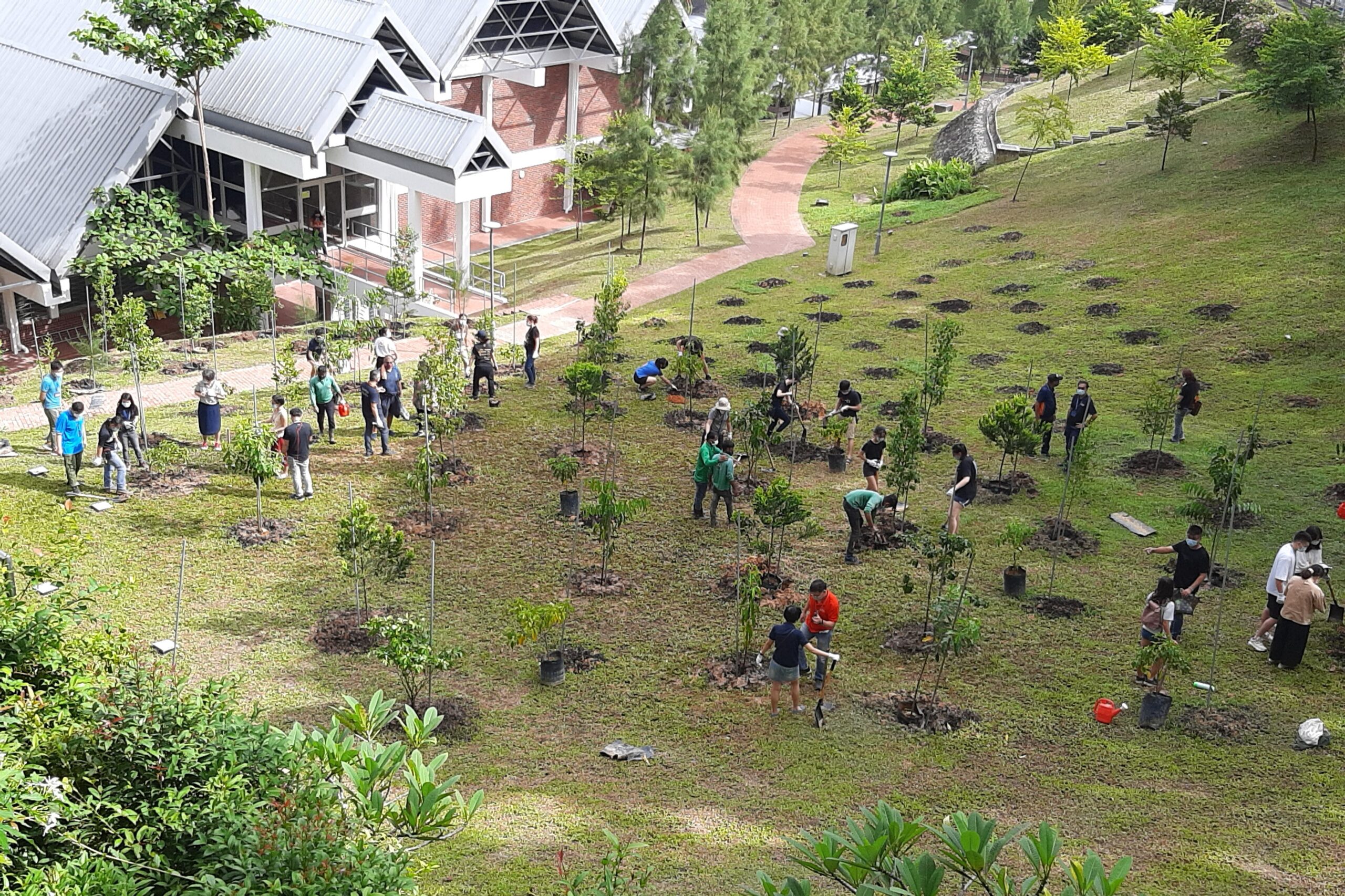




Sustainability Roundup 2022

Campus Sustainability Roadmap 2030
NUS has established a long-term Campus Sustainability Roadmap 2030 with key strategic programmes: Carbon Neutral NUS, Cool NUS, Zero Waste NUS and Campus in a Tropical Rainforest.
Our Roadmap is the most comprehensive among Singapore's educational institutions, supported by Green Financing, covering climate mitigation, climate adaptation, resource efficiency and behavioural change for sustainability. The Roadmap also contributes to most pillars of the Singapore Green Plan 2030.
Beyond infrastructure and as an education institution, we strive to shape a culture of sustainability, positive norms and habits to reduce resource wastage among the NUS staff and student community.
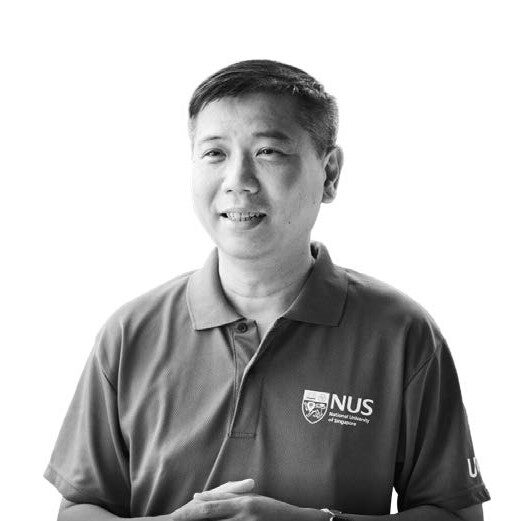

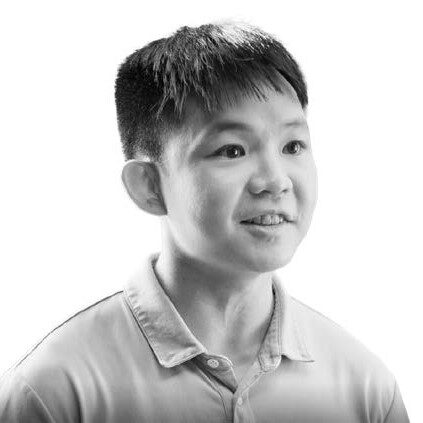



Carbon Neutral
Decarbonising the campus by setting low-carbon design standards for buildings, significantly reducing energy consumption through energy efficiency, nudging resource-conscious behaviours, pivoting to onsite and offsite renewable energy, and lastly, procuring quality carbon offsets.
Our FY2030 Commitments
- 30% reduction in Scope 1 & 2 emissions from FY19 baseline, before offsetting
- 20% reduction in Energy Usage Intensity (EUI) from FY19 baseline
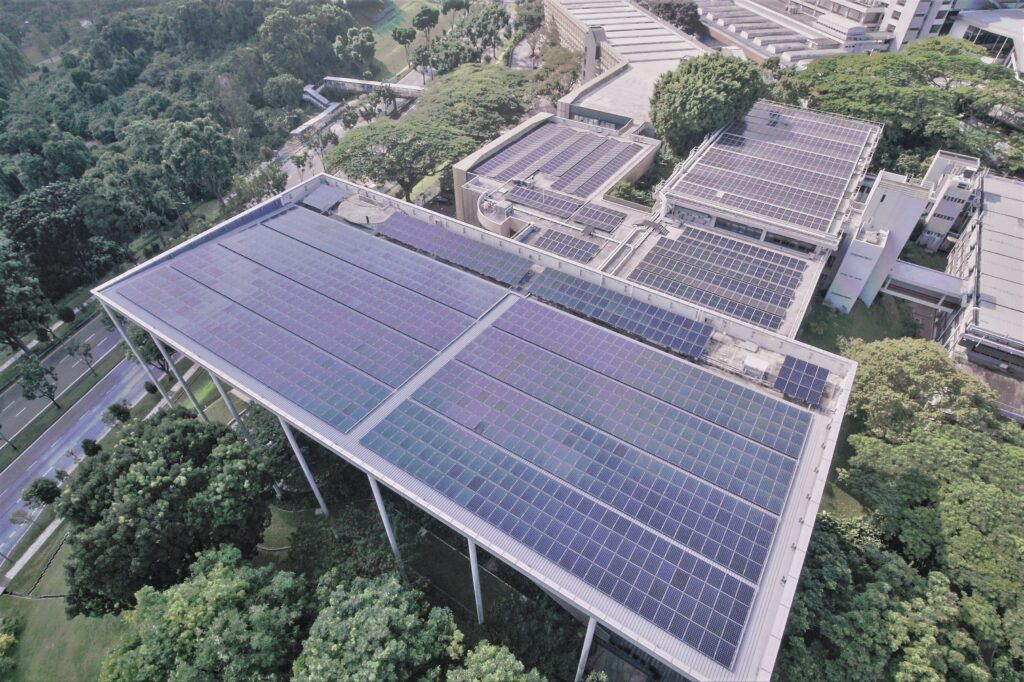
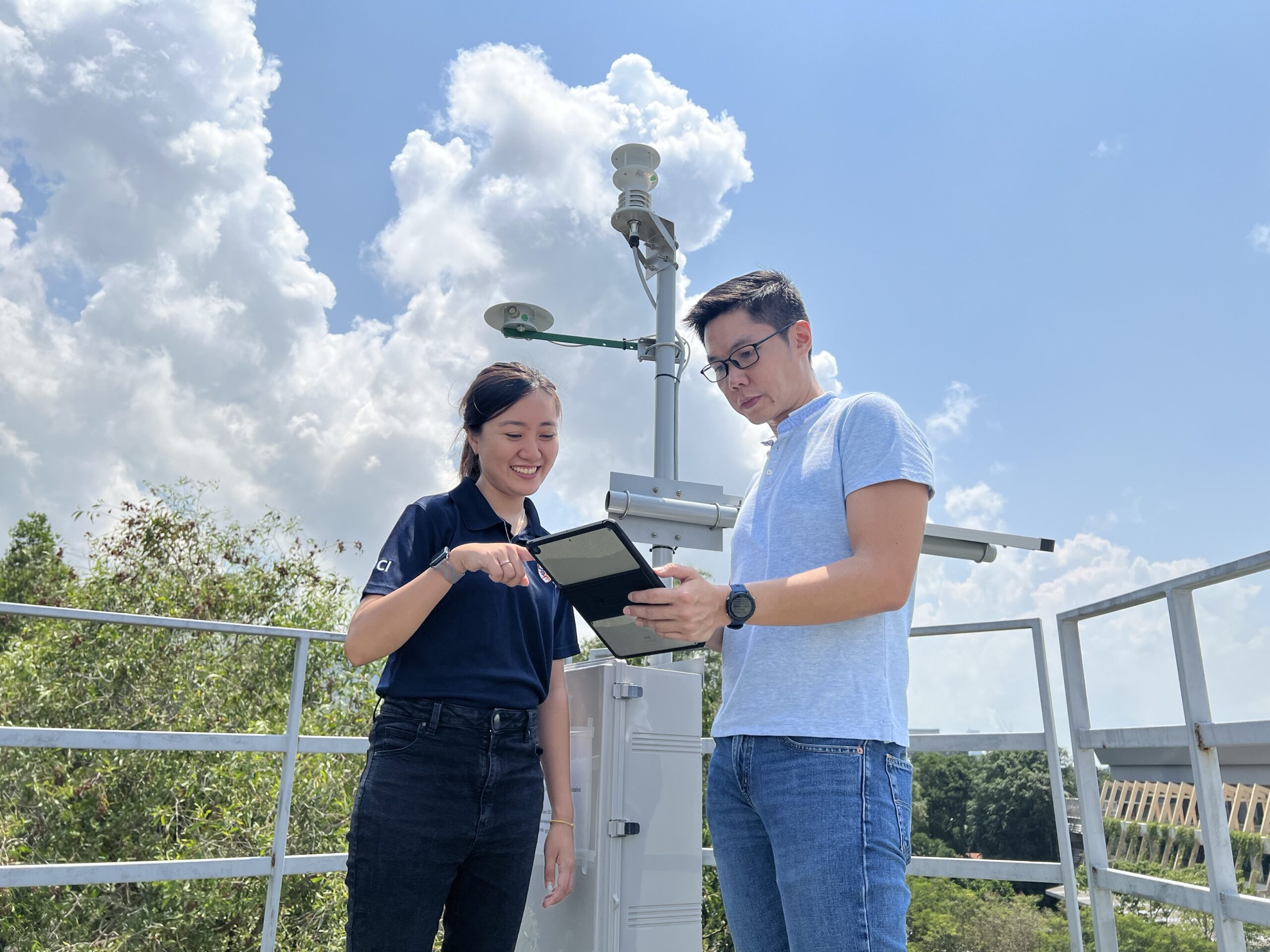
Cool NUS
Making the campus climate-resilient through comprehensive sensing technologies and applying mitigation modeling and infrastructural measures to improve outdoor thermal comfort.
Our FY2030 Commitments
- Achieve an acceptable level of outdoor thermal comfort, as measured through the Outdoor Thermal Comfort Index (OTCI).
Zero Waste
Creating Zero Waste precincts where careful waste sorting for recycling and reusing is a social norm, and waste loops are closed with circular economy technology testbeds.
Our FY2030 Commitments
- 50% recycling rate
- 30% reduction in daily waste disposed per capita from FY21 baseline (0.14 kg/day/capita)
- Close waste loops for difficult to recycle waste streams, e.g. plastic
Learn more about our Zero Waste work > and our Zero Waste website>
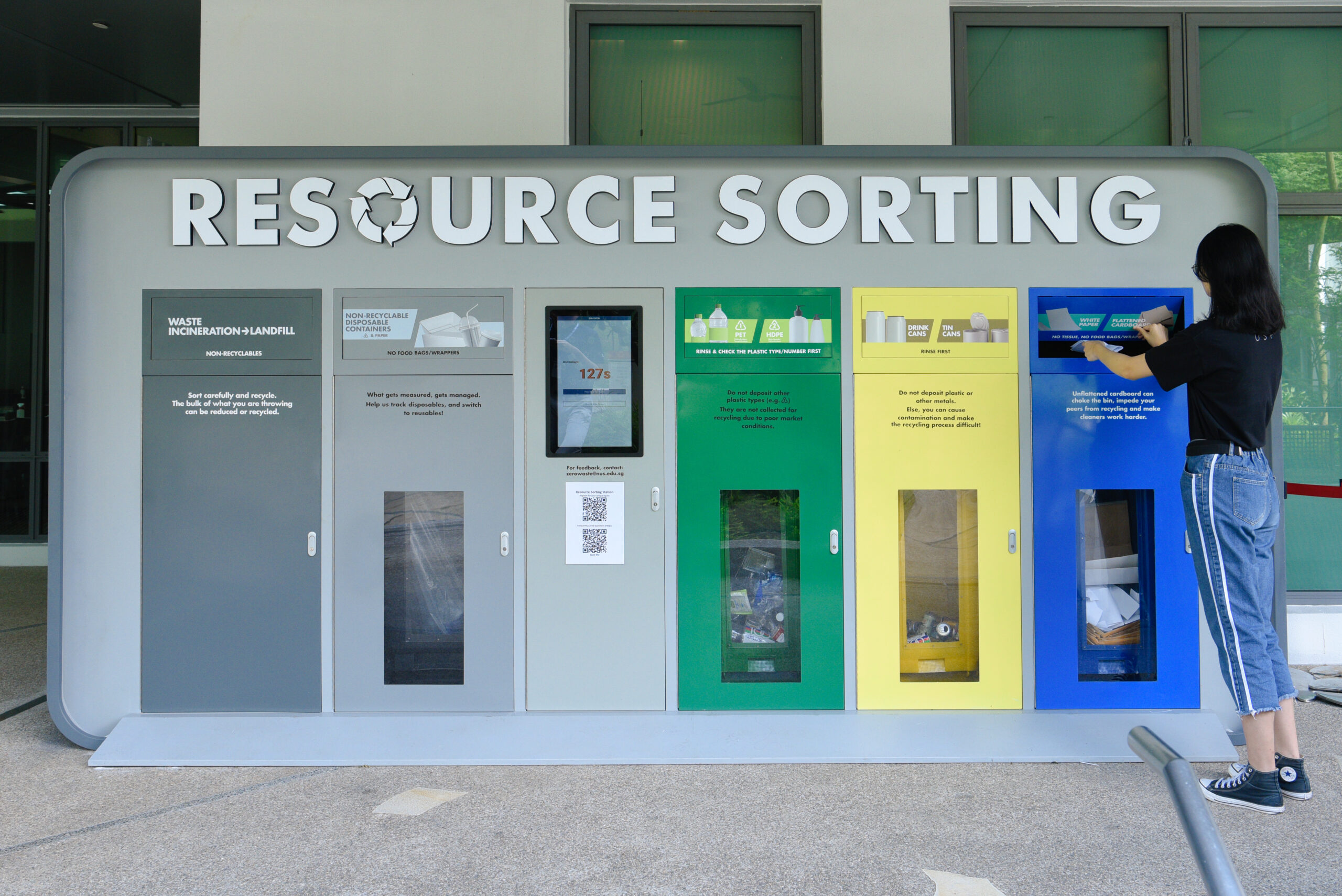
News
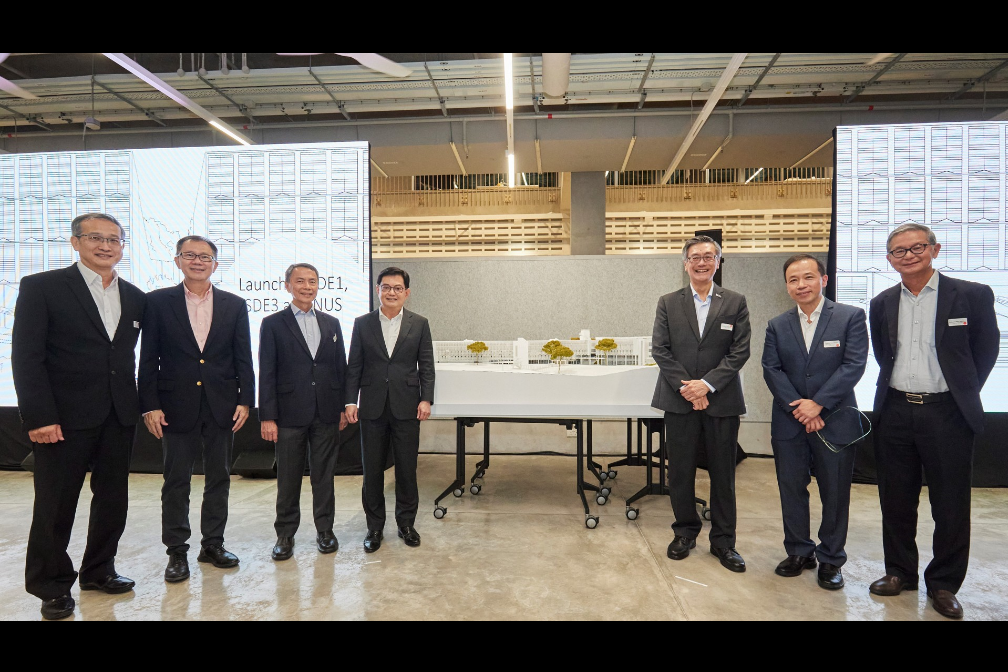
NUS Launches First Cluster Targeting Net Zero
NUS launches its first building cluster targeting net-zero and a new interdisiplinary centre.
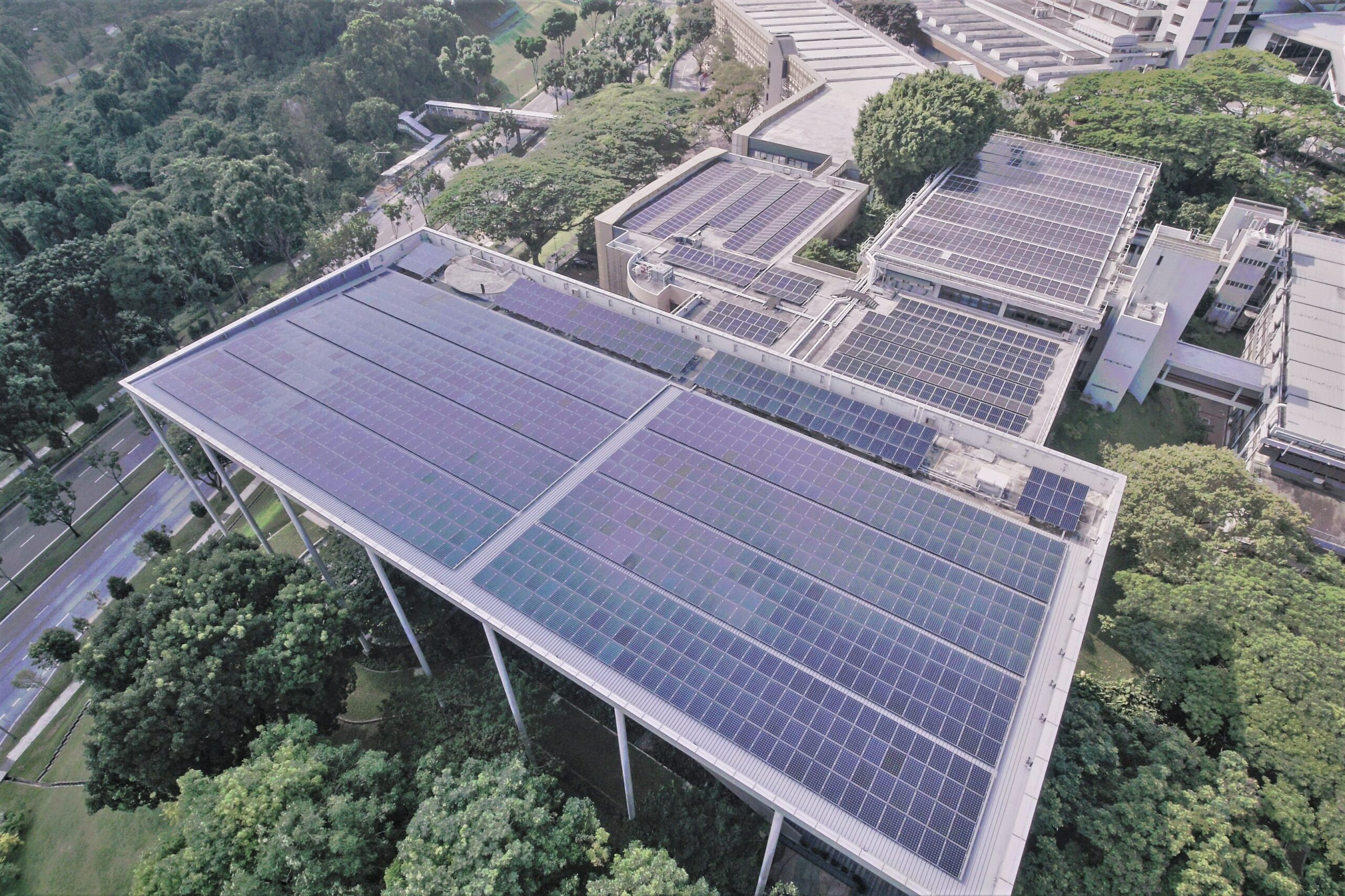
SDE4 Attains Green Mark Positive Energy Award
At least 115 per cent of SDE4's energy consumption is supplied from renewable solar energy on its rooftop.
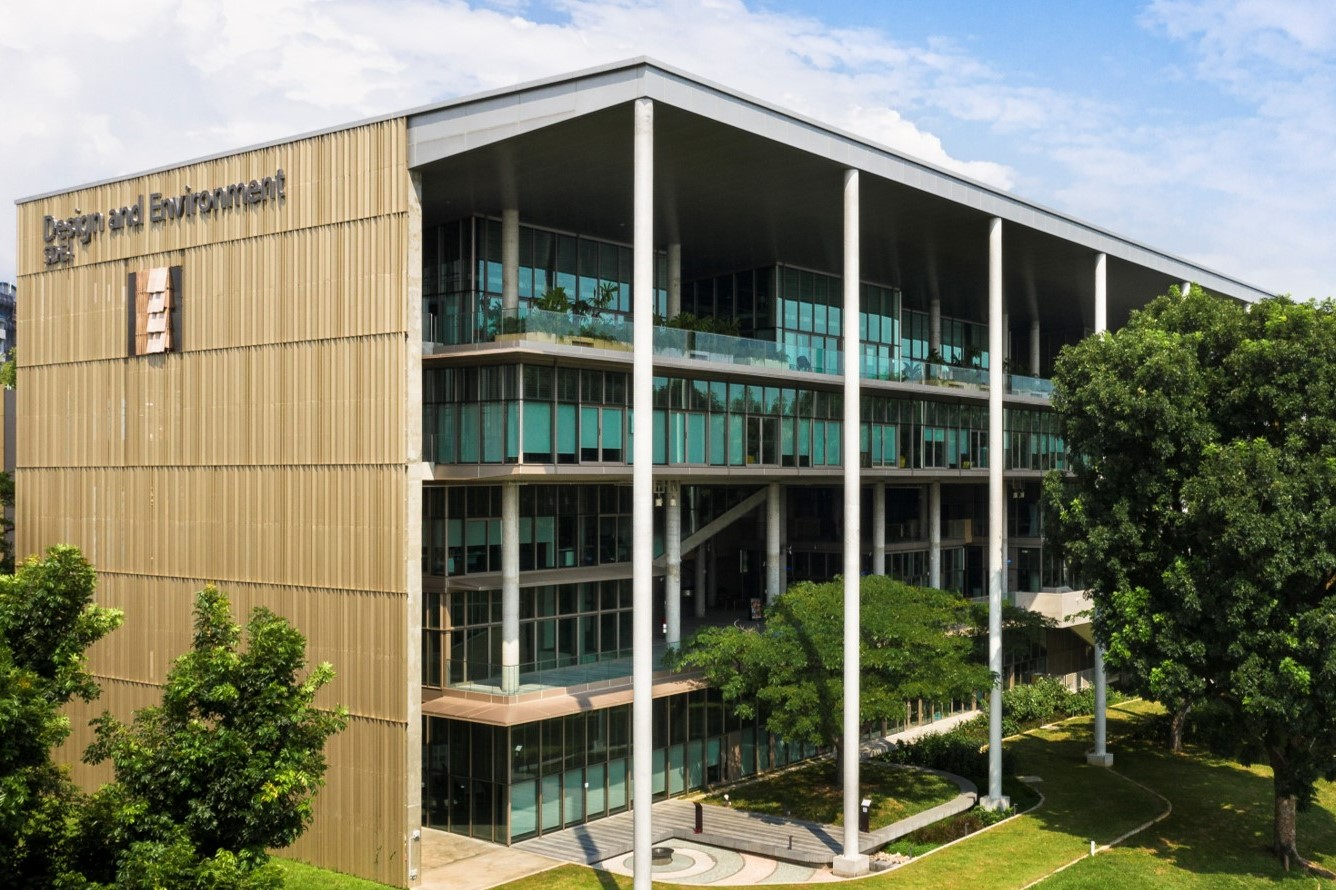
Platinum Practices: How NUS Made its Green Mark
To achieve a carbon-neutral campus by 2030, NUS has adopted a combination of strategies for its buildings.
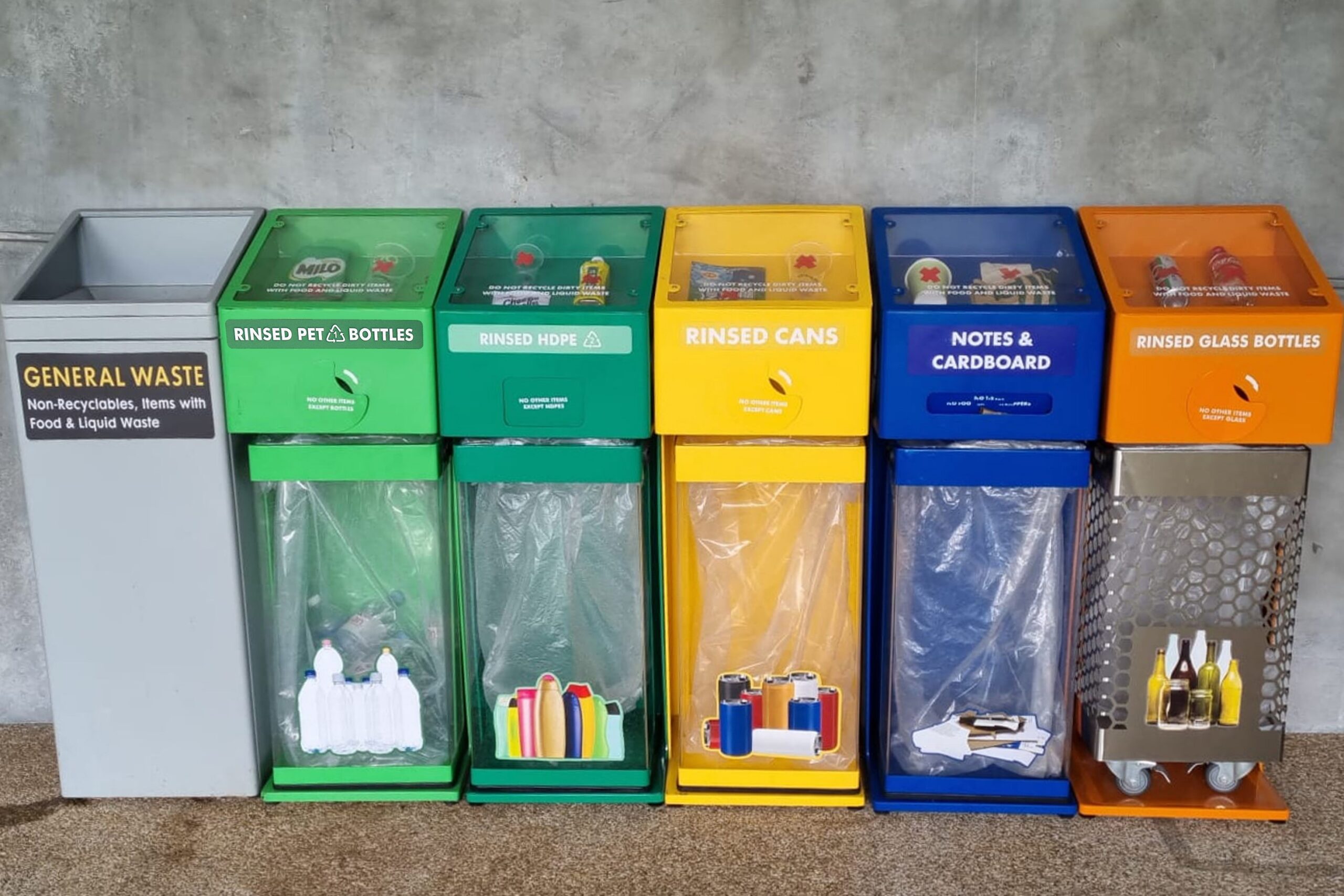
Recycling Right Through Better Design
The NUS ZWT partnered Mr Tommy Cheong (Industrial Design) to develop and test a new recycling bin design.


